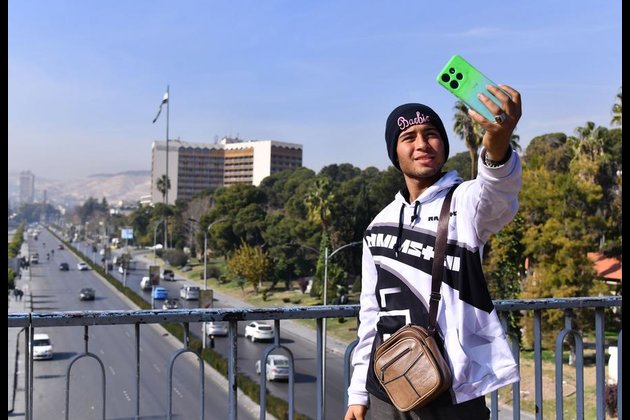DAMASCUS, Dec 12 (NNN-SANA) – Syria’s Military Operations Administration, announced yesterday, the lifting of a curfew in Damascus and surrounding areas, urging residents to return to work, as the country grapples with the aftermath of Bashar al-Assad’s ouster. The announcement coincided with interim Prime Minister, Mohammed al-Bashir’s call for refugees to return home.
Al-Bashir, a former regional leader in north-western Syria, was appointed Tuesday, to head a transitional government until Mar, 2025. His appointment follows a swift offensive by a militant alliance led by Hayat Tahrir al-Sham (HTS), which captured Damascus within 12 days after launching its offensive from northern Syria on Nov 27. Assad has fled the country, ending five decades of his family’s rule.
The new leadership, dominated by the Islamist HTS, has sought to reassure religious minorities and promise that the rights of all religious and ethnic groups will be guaranteed.
Meanwhile, HTS leader, Abu Mohammed al-Jolani, pledged justice for “victims” of Assad’s administration, saying that, officials in Assad’s government involved in torture would not be pardoned.
In the north-east, Kurdish-led forces announced a U.S.-brokered ceasefire yesterday, with Turkish-backed militants in the strategic city of Manbij. Days of fierce clashes in the Arab-majority city erupted after HTS-led forces ousted the Assad government on Sunday. The Syrian Democratic Forces (SDF), a Kurdish-led coalition of U.S.-backed militias, reported that 218 combatants were killed in the fighting and pledged to withdraw from the area “as soon as possible.”
U.S. Central Command confirmed on Tuesday that its chief, General Michael Kurilla, had visited U.S. bases in Syria and met with SDF partners.
Earlier this month, Turkish-backed forces captured the strategic northern enclave of Tal Rifaat from Kurdish forces, according to the Syrian Observatory for Human Rights.
Ankara views the Syrian Kurdish People’s Protection Units (YPG), the dominant force within the SDF, as an extension of the Kurdistan Workers’ Party (PKK), which is designated a terrorist organisation by Türkiye, the United States, and the European Union.
Iran’s Supreme Leader, Ali Khamenei downplayed the impact of Assad’s ouster on Tehran’s regional influence, dismissing the notion that the weakening of Syria’s role in the “resistance” against Israel would diminish Iran’s power. Khamenei accused the United States, Israel, and an unnamed “neighbouring country” of orchestrating Assad’s downfall.
Qatar announced plans to reopen its embassy in Damascus, citing historical ties and a commitment to support Syria’s reconstruction. The decision aligns with Qatar’s efforts to channel humanitarian aid to the Syrian population, through an established air bridge.
In July, 2011, after the outbreak of the anti-government protests in Syria, Qatar recalled its ambassador to Syria and closed its embassy.
The humanitarian situation remains dire, according to the United Nations. Hospitals are overwhelmed, food shortages persist, and displaced populations face widespread trauma. The price of bread in cities like Idlib and Aleppo has surged by 900 percent, and over one million people have been displaced, since the start of the offensive spearheaded by HTS.
The UN Office for the Coordination of Humanitarian Affairs (OCHA), reported numerous minefields obstructing movement and aid delivery, with at least 52 identified in the past 10 days.– NNN-SANA




